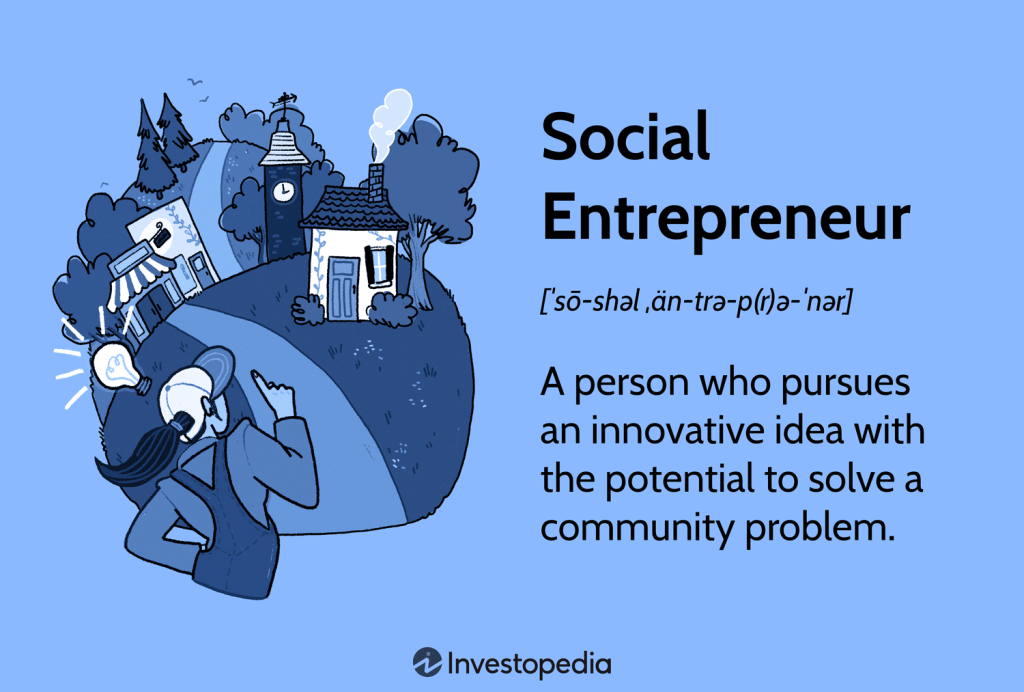Entity social support represents a paradigm change in the manner agencies engage with and donate to society. Beyond the standard realms of profit-making, entities are realizing their role as responsible and effective participants in neighborhood well-being. This process moves beyond irregular charitable donations to instill a lifestyle of cultural duty profoundly ingrained in an entity’s values and operations.
One of many key aspects of entity social support is their increased exposure of creating sustainable and impactful change. Rather than viewing cultural initiatives as simple philanthropy, entities are significantly buying jobs that address endemic dilemmas, contributing to long-term answers and good change within communities. This change shows a responsibility to addressing root causes and fostering resilience rather than merely improving immediate needs.
Corporate entities are leveraging their methods, experience, and influence to handle demanding cultural and environmental challenges. Through strategic relationships with nonprofits, governmental agencies, and other stakeholders, entities take part in collaborative attempts that improve their impact. These unions allow for a far more detailed and incorporated method of handling complicated social dilemmas, pooling sources and knowledge for larger effectiveness.
Entities employed in social company frequently embrace a holistic view of these influence, considering not merely the financial but in addition environmentally friendly and cultural sizes of these operations. That triple-bottom-line strategy, referred to as the “people, world, profit” structure, shows a responsibility to managing economic accomplishment with environmental stewardship and social equity. By developing sustainability to their business techniques, entities contribute to an even more equitable and environmentally conscious world.
Employee engagement is an important part of successful entity social service initiatives. Many companies recognize that their workers are essential stakeholders inside their neighborhood impact. By involving workers in offer programs, community outreach, and social initiatives, entities foster a sense of function and collective responsibility amongst their workforce. This not just increases employee satisfaction but additionally strengthens the entity’s link with the neighborhoods it serves.
Testing and confirming on cultural influence is an integral element of entity social service. Through translucent revealing elements, entities talk their contributions to stakeholders, shareholders, and the broader public. These influence assessments exceed economic metrics to encompass the cultural and environmental outcomes of these initiatives. That visibility develops trust and accountability, stimulating entities to continuously improve and innovate inside their cultural service endeavors.
Entities are significantly recognizing the importance of aligning their cultural support initiatives using their key competencies. By leveraging their particular abilities, understanding, and sources, entities may make an even more important and sustainable factor to Dịch Vụ Entity challenges. This process moves beyond financial donations, permitting entities to make use of their knowledge to create sustained positive change in places directly connected for their business operations.

To conclude, entity social service marks a transformative shift in the role of businesses within society. It shows a broader knowledge of corporate duty, planning beyond profit-making to actively donate to the well-being of areas and the planet. As entities continue steadily to evolve inside their way of cultural company, the possibility of positive and lasting effect on a worldwide range becomes increasingly promising.
